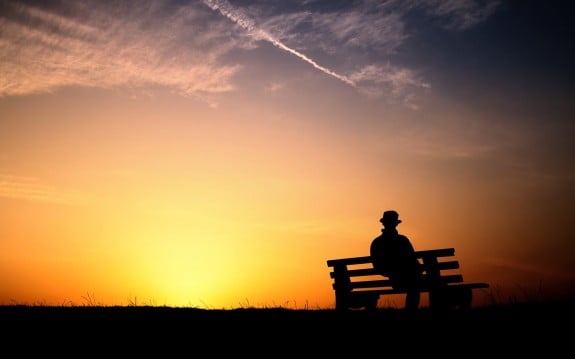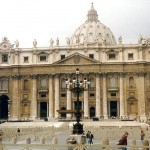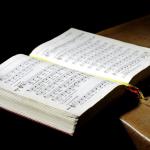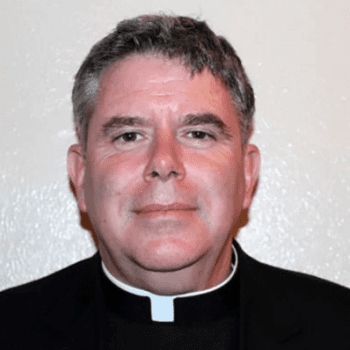In the wake of two shocking, high-profile suicides, a priest friend on Facebook offered this testament yesterday, adding, “I’m open about my struggle because so many people of faith hide their depression like a secret guilt. It’s a disease, like diabetes. Share as you like.”
He writes:
As someone who lives with depression (and as a priest) I find that the biggest power that depression has is that it robs one of a sense of perspective. Little things become horrible problems that can sometimes seem insurmountable. That’s probably why people who struggle with it might take their lives. Prayer can help with this (as long as you’re addressing the clinical causes and medicating, etc.). Religion is not a cure for depression. Regardless of the support of friends and family, the darkness is always not far away. Perhaps it’s God’s gift to me. People like Anthony Bourdain need to be supported, prayed for, and offered the hope of Christ. I know he is experiencing that encounter now.
Frank Bruni in The New York Times added this context:
[Bourdain’s] death, coming just days after the suicide of the beloved designer Kate Spade, is at least as noteworthy for another reason: how powerfully it speaks to the discrepancy between what we see of people on the outside and what they’re experiencing on the inside; between their public faces and their private realities; between their visible swagger and invisible pain. Parts unknown: That was true of Bourdain. That was true of Spade. That’s true of every one of us.
Bourdain’s and Spade’s deaths happened in a week when newly released government statistics revealed a staggering increase in suicides by Americans of more than 25 percent from 1999 to 2016, when nearly 45,000 Americans took their own lives. Experts worry that this trajectory reflects a breakdown in social bonds, in community. It’s unclear how or if Bourdain and Spade fit into that picture.
But they certainly reflect the faultiness of our assumptions, the deceptiveness of appearances and the complexities of the soul. On Friday morning, as I took call after call from friends who work in the restaurant and food industry, I again and again heard variations of this statement: “This is the last person I would have expected.”
Finally, since many Catholics have been weighing in on this subject over the last 24 hours, it’s important to remember what the Church teaches on the subject of suicide — a teaching that has as its guiding principles compassion, mercy and prayer:
2280 Everyone is responsible for his life before God who has given it to him. It is God who remains the sovereign Master of life. We are obliged to accept life gratefully and preserve it for his honor and the salvation of our souls. We are stewards, not owners, of the life God has entrusted to us. It is not ours to dispose of.
Suicide contradicts the natural inclination of the human being to preserve and perpetuate his life. It is gravely contrary to the just love of self. It likewise offends love of neighbor because it unjustly breaks the ties of solidarity with family, nation, and other human societies to which we continue to have obligations. Suicide is contrary to love for the living God.
If suicide is committed with the intention of setting an example, especially to the young, it also takes on the gravity of scandal. Voluntary co-operation in suicide is contrary to the moral law.
Grave psychological disturbances, anguish, or grave fear of hardship, suffering, or torture can diminish the responsibility of the one committing suicide.
We should not despair of the eternal salvation of persons who have taken their own lives. By ways known to him alone, God can provide the opportunity for salutary repentance. The Church prays for persons who have taken their own lives.
Eternal rest grant unto them, O Lord, and let perpetual light shine upon them…












